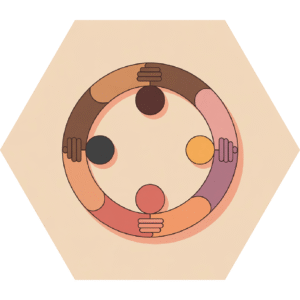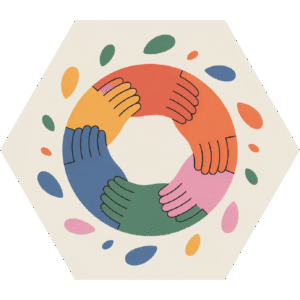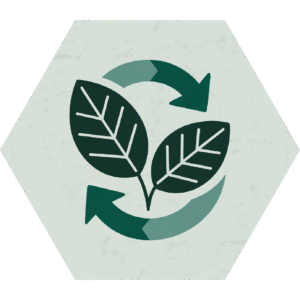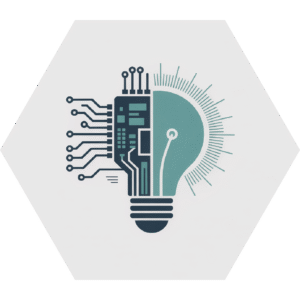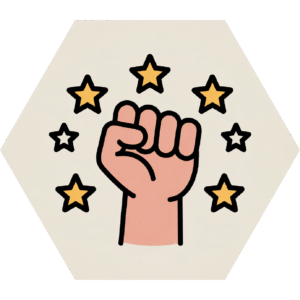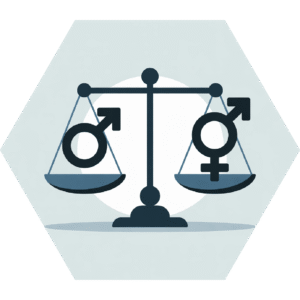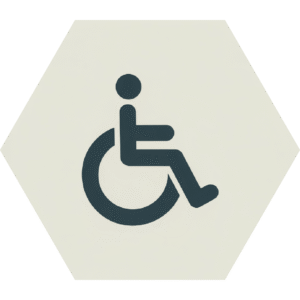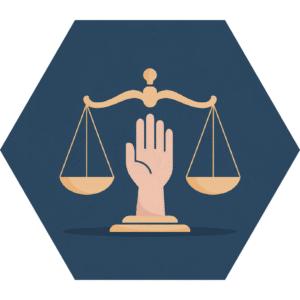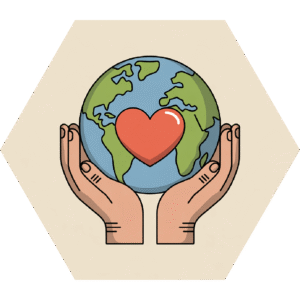#Hands2Grow Bauchi
Developing Opportunities 2 Kickstart Access 2 Jobs 2ru Impact Investing in Bauchi.


Platforms and Portals
Explore all BauchiBuddies Platforms, Portals and Microsites.

Youth-Driven Action for Community Transformation and Sustainable Development
Towards Community Transformation
Community-level change is our best bet for tackling the root causes of socioeconomic inequities to deepen and democratize the impact of development action measures and dividends.
As the most affected demographic, young people are not just passive recipients of environmental policies; they are dynamic agents of change actively shaping grassroots initiatives and influencing policy decisions.
Their innovative ideas and passionate advocacy continue to prove instrumental for driving meaningful change in communities, promoting sustainable practices and fostering a culture of environmental stewardship.
Empowering young leaders through education, resources, and inclusive platforms is essential for realizing a sustainable and resilient future for all.
We have five (5) years left before we reach the target timeline for the global adoption of the United Nations Agenda 2030 (Sustainable Development Goals).
The active engagement of youth in sustainable development efforts is central to achieving sustainable, inclusive and stable societies by the target date, and to averting the worst threats and challenges to sustainable development, including the impacts of climate change, unemployment, poverty, gender inequality, conflict, and migration.
Green community transformation refers to the shift towards sustainable community development that integrates ecological principles and emphasizes the well-being of residents. This concept builds on traditional community frameworks but incorporates higher environmental standards and encourages public participation in decision-making processes.


The UN 2030 Agenda provides a comprehensive systems map for Governments, the private sector and communities — a global plan to guide the implementation of policies and actions to reduce poverty, achieve peace, and promote equality, leaving no one behind.
Today’s generation of young people (between 10 and 24 years old) is close to 1.8 billion — more than at any other time in history. Nigeria has the largest population of youth in the world with about 70% of the population under 30.
Youths have a crucial role to play at the frontlines as partners and participants in the implementation of response plans and interventions to development challenges.
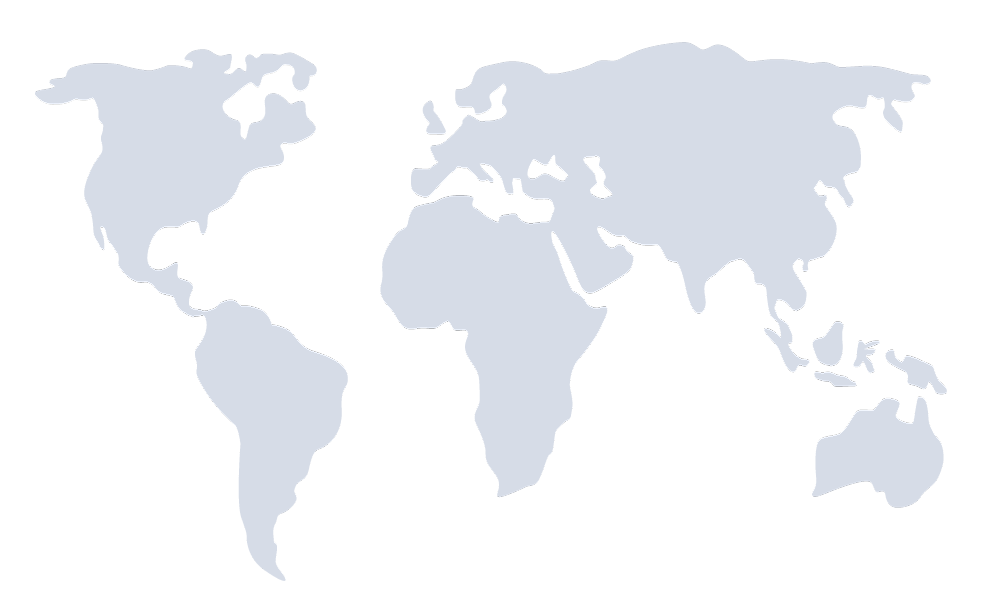
The Bauchi Buddies platform seeks to establish the
10 UN Guiding Principles
for Supporting Young People as Critical Agents of Change in the 2030 Agenda


1.
Approach youth participation and empowerment, in all actions, as an essential principle for the successful implementation of the 2030 Agenda.
2.
Promote youth participation and empowerment in all phases and levels of 2030 Agenda actions, including planning, implementation and in monitoring and accountability for the Goals, including through youth-led initiatives.
3.
Ensure that the alignment of development priorities with the SDGs at all levels addresses young people’s specific needs and is responsive to their voices, respects, upholds and promotes their rights, especially by strengthening avenues for youth participation and increasing investments in youth-led development. Applying a human rights-based approach and the application of international labour standards and other United Nations normative frameworks relevant to the development of young people is key.
4.
Foster and support overall enabling environments for inclusive and meaningful youth participation in all phases of 2030 Agenda processes, including through structured, substantive and effective participation in official policy processes, the promotion of formal and informal spaces where young people can engage with each other and the community at large, volunteering schemes, multi-stakeholder SDG initiatives and partnerships and sustainable funding.
5.
Strengthen youth agency by supporting capacity development for young people, youth organizations, networks and movements, and all other stakeholders, including authorities and duty-bearers, to enhance mutual responsiveness, trust and collaboration in the implementation of the 2030 Agenda.
6.
Recognize and value the diversity of young people’s experiences by finding ways to systematically, sustainably and responsibly engage young people and their organizations, networks and movements, typically left out of development projects and programmes, in line with the Agenda’s principle of “leaving no one behind.”
7.
Promote gender equality and girls’ and young women’s empowerment as critical for achieving the 2030 Agenda.
8.
Advocate for youth-sensitive national and local SDG indicators, in addition to age disaggregation, as a critical avenue for ensuring development progress, make data sources youth-friendly and foster young people’s role in generating data on the Goals.
9.
Find creative ways to engage young people throughout the entire SDG programme, project or initiative cycle, from consultation and design to monitoring and evaluation of initiatives, while ensuring that M&E frameworks are sensitive and relevant to them.
10.
Ensure that young people’s participation in SDG action is meaningful by setting clear and substantive objectives and establishing channels whereby youth participation can have a visible impact on outcomes.



Focus Areas
The support of youth-led initiatives and activities at both the grassroots and national levels is critical to accelerate the realization of sustainable development.
Bauchi Buddies Volunteer activities will be centred on serving the 17 key development impact areas:

